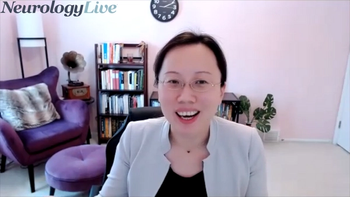
The research director and staff scientist at Cleveland Clinic’s Epilepsy Center discussed opportunities for MR fingerprinting to expand, both in the epilepsy field and in general neurology. [WATCH TIME 3 minutes]

The research director and staff scientist at Cleveland Clinic’s Epilepsy Center discussed opportunities for MR fingerprinting to expand, both in the epilepsy field and in general neurology. [WATCH TIME 3 minutes]
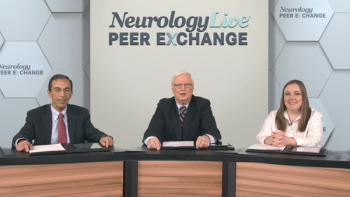
Expert perspectives on the benefits of and limitations to cognitive behavioral therapy for insomnia.
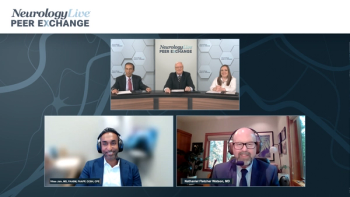
Focusing on treatment options for insomnia, experts consider the added value of sleep hygiene.
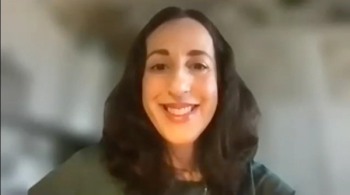
A recent study found that blood markers of brain damage were higher in patients with COVID-19 than in those with Alzheimer disease. [WATCH TIME: 4 minutes]
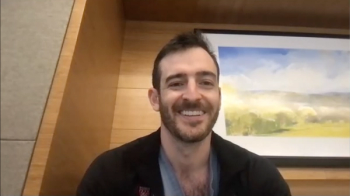
The neurocritical care fellow at Massachusetts General Hospital and Brigham and Women’s Hospital highlighted areas for future research to better understand disorders of consciousness associated with COVID-19. [WATCH TIME: 2 minutes]
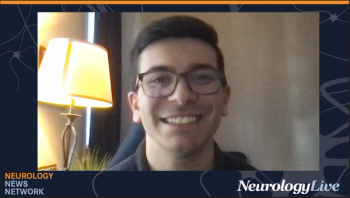
Neurology News Network for the week ending January 15, 2022. [WATCH TIME: 4 minutes]
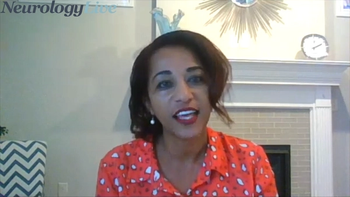
The clinical psychologist at Cleveland Clinic provided insight on the tricky nature of diagnosing a patient with nonepileptic seizures and the difficult conversations that can ensue. [WATCH TIME: 3 minutes]
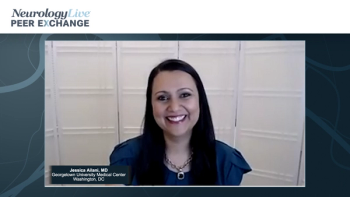
A panel of expert neurologists shares advice for community neurologists on preventive migraine treatment and exciting therapies to look forward to.

The neurocritical care fellow at Massachusetts General Hospital and Brigham and Women’s Hospital discussed findings from a recent study that evaluated patients with COVID-19 and disorders of consciousness. [WATCH TIME: 3 minutes]

Jeffrey L. Cummings, MD, ScD, comments on the unmet needs and future outlook for the Alzheimer’s treatment landscape.

Dr Cummings relays how testing methods influence the treatment course for Alzheimer’s disease.
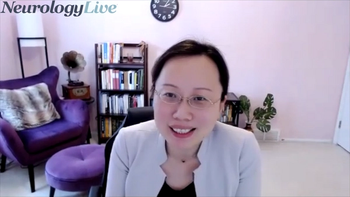
The research director and staff scientist at Cleveland Clinic’s Epilepsy Center provided insight on her study presented at AES 2021, which showed that MR fingerprinting can differentiate focal cortical dysplasia from healthy tissue. [WATCH TIME: 4 minutes]
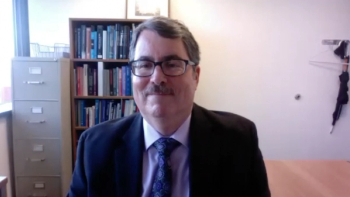
Outlining the findings from a recent study comparing SAGE to the Mini-Mental State Examination, the director of the Division of Cognitive and Memory Disorders at the Ohio State Wexner Medical Center stressed the importance of identifying patients at-risk for dementia early on. [WATCH TIME: 6 minutes]

The director of the Division of Cognitive and Memory Disorders at the Ohio State Wexner Medical Center discussed benefits of both the pen-and-paper and digital assessments. [WATCH TIME: 7 minutes]
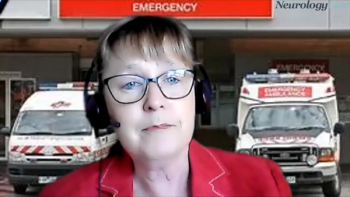
The director of the Joseph Epstein Center for Emergency Medicine Research discussed whether years of experience causes variation in the way migraine is diagnosed and treated in an emergency department setting. [WATCH TIME: 2 minutes]

The director of the Division of Cognitive and Memory Disorders at the Ohio State Wexner Medical Center discussed motivations behind creating the pen-and-paper test, as well as its digital companion. [WATCH TIME: 2 minutes]

Episode 17 of the AUPN Leadership Minute features Rohit Das, MD, of UT Southwestern Medical Center; and Clifton L. Gooch, MD, of the University of South Florida. [WATCH TIME: 7 minutes]
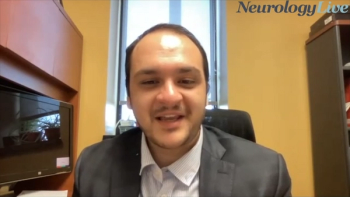
The research assistant professor at the Buffalo Neuroimaging Analysis Center provided context on how different forms of multiple sclerosis impact cognitive decline in patients. [WATCH TIME: 4 minutes]
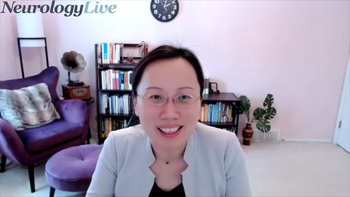
The research director and staff scientist at Cleveland Clinic’s Epilepsy Center provided background on the momentum behind MR fingerprinting and its potential in epilepsy care. [WATCH TIME: 3 minutes]
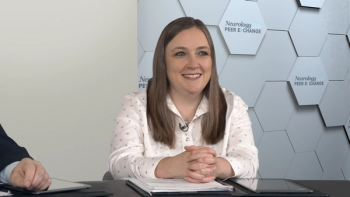
Panelists discuss the broad range of impact insomnia has on a patient’s health and quality of life.
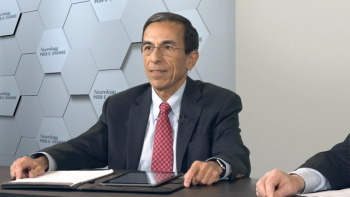
A brief review of the value of polysomnography, or sleep studies, in diagnosing patients with insomnia.
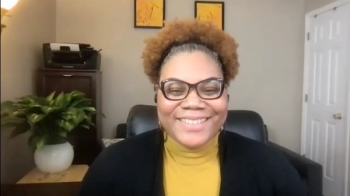
The founder and CEO of Joi Wellness Group Multiple Sclerosis Center explained her reasoning as to why she hopes telemedicine is here to stay. [WATCH TIME: 4 minutes]

Discussing the willingness to share data during the pandemic, the founder and CEO of Joi Life Wellness Group Multiple Sclerosis Center spoke to the positive effect of collaboration in the MS field. [WATCH TIME: 2 minutes]
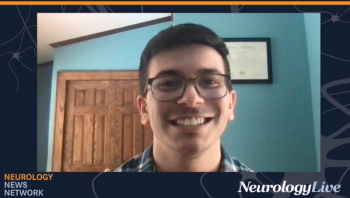
Neurology News Network for the week ending January 8, 2022. [WATCH TIME: 3 minutes]

The founder and CEO of Joi Life Wellness Group Multiple Sclerosis Center commented on the effect of the pandemic on needs for underrepresented populations in the multiple sclerosis space, as well as the pros and cons of telehealth. [WATCH TIME: 3 minutes]
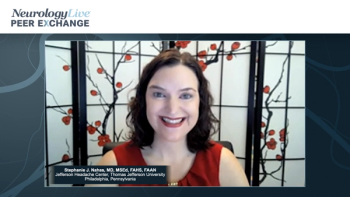
A discussion on when a patient should be referred to a headache specialist for preventive migraine treatment.

Jessica Ailani, MD, details how the phase 3 ADVANCE trial will shape the research of future agents for preventive migraine treatment.

The director of the Alzheimer's Disease Care, Research and Education Program at the University of Rochester offered an extensive overview of 3 monoclonal antibodies in development for Alzheimer disease. [WATCH TIME: 9 minutes]
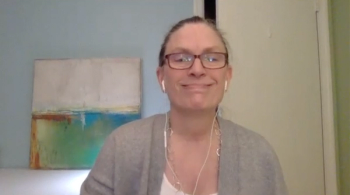
Discussing adaptations to the comprehensive care model in multiple sclerosis, the founder of MS Bites commented on the need to consistently incorporate dietitians. [WATCH TIME: 6 minutes]

Jeffrey L. Cummings, MD, ScD, discusses the importance of aducanumab, a recently approved treatment for Alzheimer’s disease.